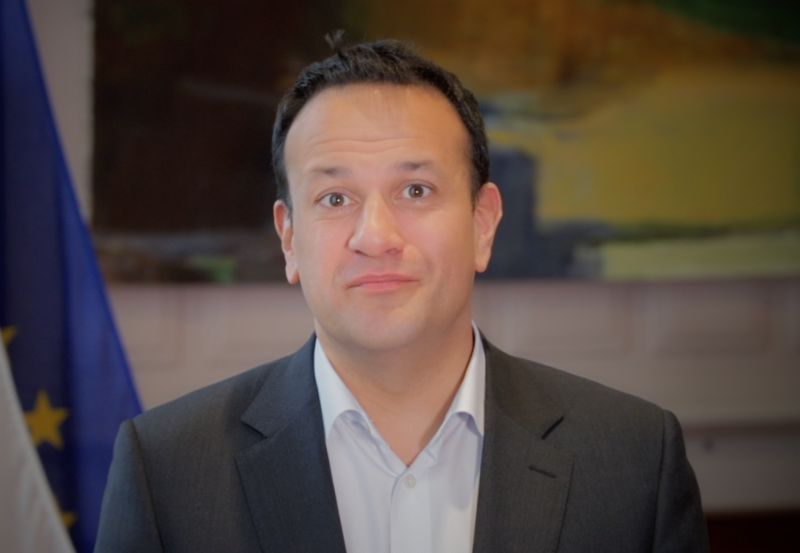Taoiseach Leo Varadkar today told Trinity’s graduating medicine students that they’ll play a vital role in battling the coronavirus pandemic, in an online graduation ceremony held so students can join the frontlines in the next month.
Medicine students will be asked to self-isolate for two weeks from May 3rd in order to start their induction on May 18th and begin work in hospitals on May 25th.
Varadkar, a former Trinity medicine student, urged international students to return to Ireland to pursue their careers, telling them: “We want you and we’re going to need you.”
Varadkar addressed 175 students from 16 countries, who are all graduating online in order to join the fight against the coronavirus.
Varadkar said he was sorry students were not able to graduate in person, but added that “we need you to graduate early because there is so much work to be done as we battle this virus and try to keep the country generally well”.
“Everything we do in the next few months will hinge on having a well-functioning health service, staffed by people like you”, he said.
The government has promised that every medicine graduate in Ireland will be offered an internship in the country’s health service this year.
Final-year medicine students had their clinical exams – worth 25 per cent of their marks for the year – moved forward five weeks as a result of the virus.
At the time, Prof Joseph Harbison, the director of undergraduate teaching and learning in the School of Medicine, wrote in an email to The University Times that “after discussion with hospital authorities and with guidance from Infectious Diseases specialists familiar with the National situation we were advised that we could not wait any longer to hold the Clinical Exams and still have them happen.”
“If we deferred”, Harbison wrote, “then there would be a real chance we may not be able to hold them in the next few months and they are necessary to permit students to be qualified as doctors before July”.
Final years then completed their written exams in an online, take-home format. Trinity planned to use follow-up oral assessments in cases where students were suspected of cheating, according to a confidential document seen by this newspaper.
Before sitting the exams, students – who were split into groups of between 10 and 12 and monitored over Zoom by invigilators – signed an “honour declaration” promising to abide by the regulations.







